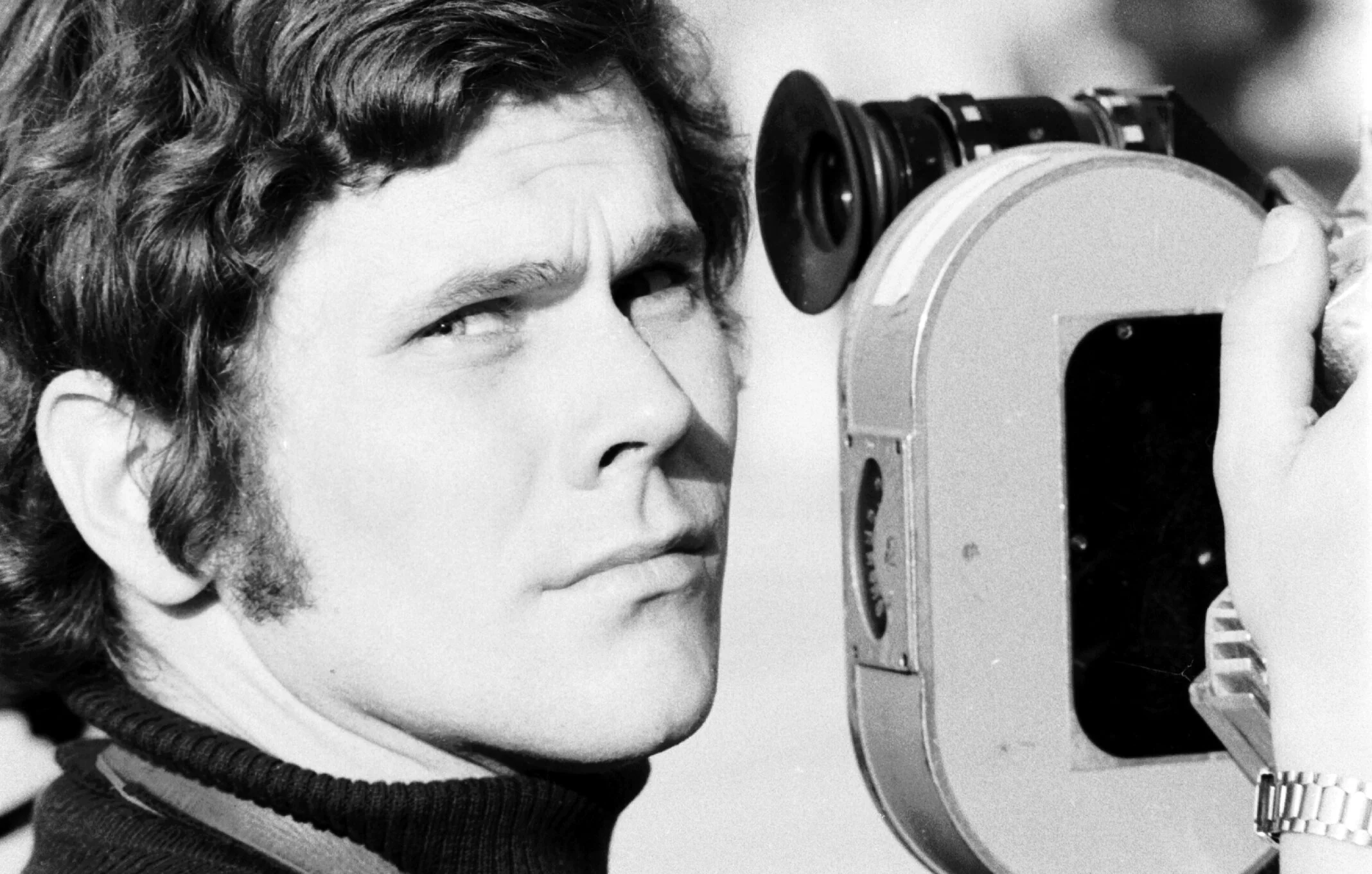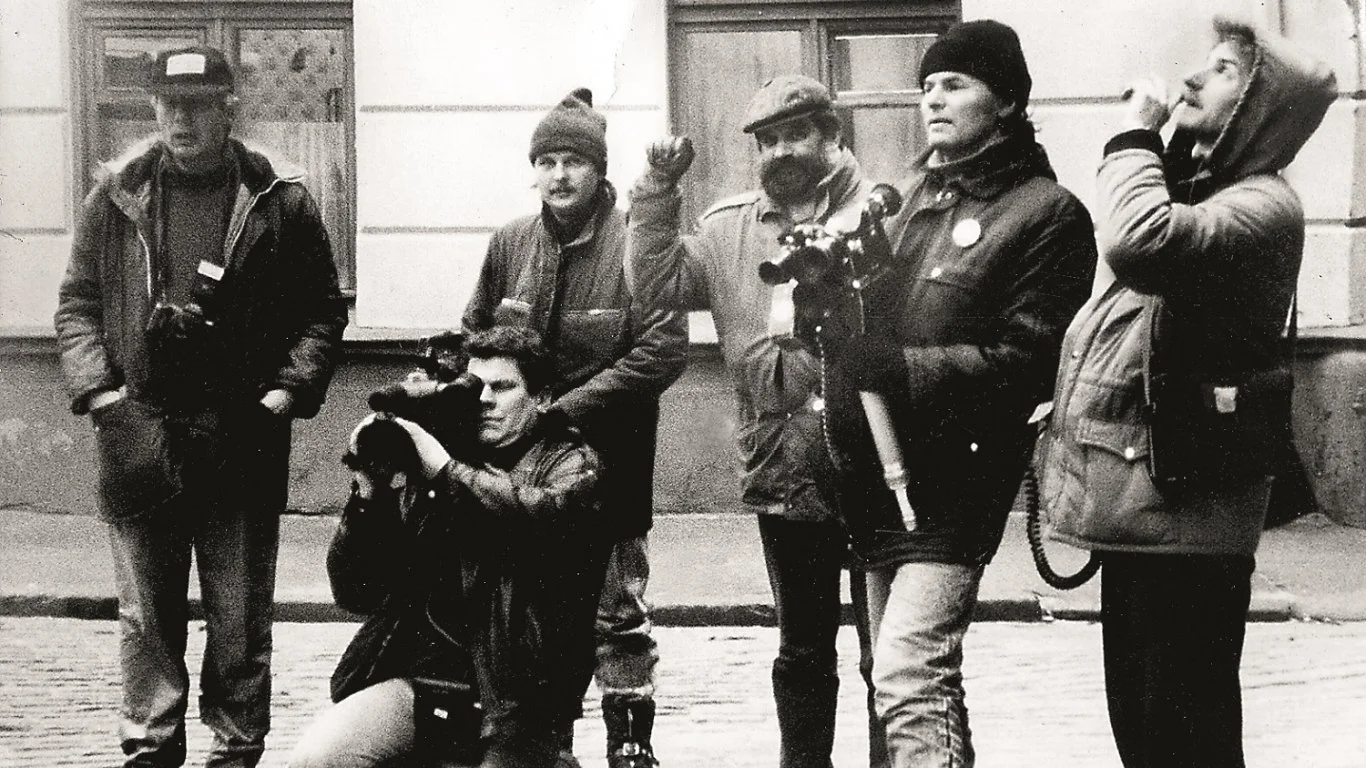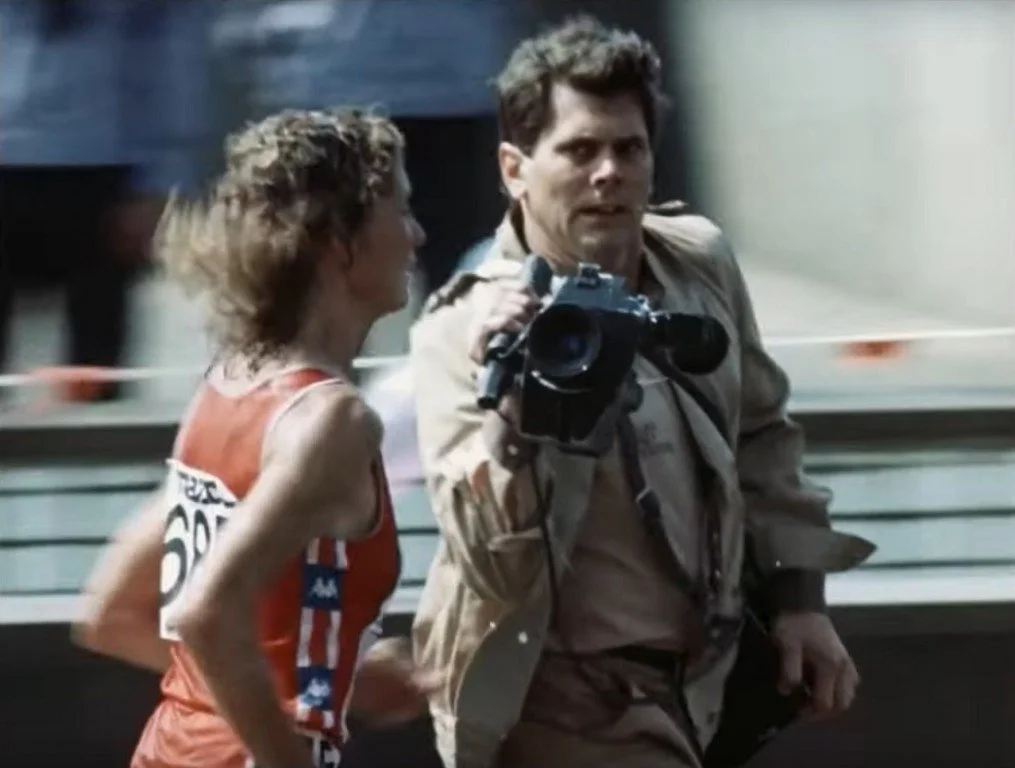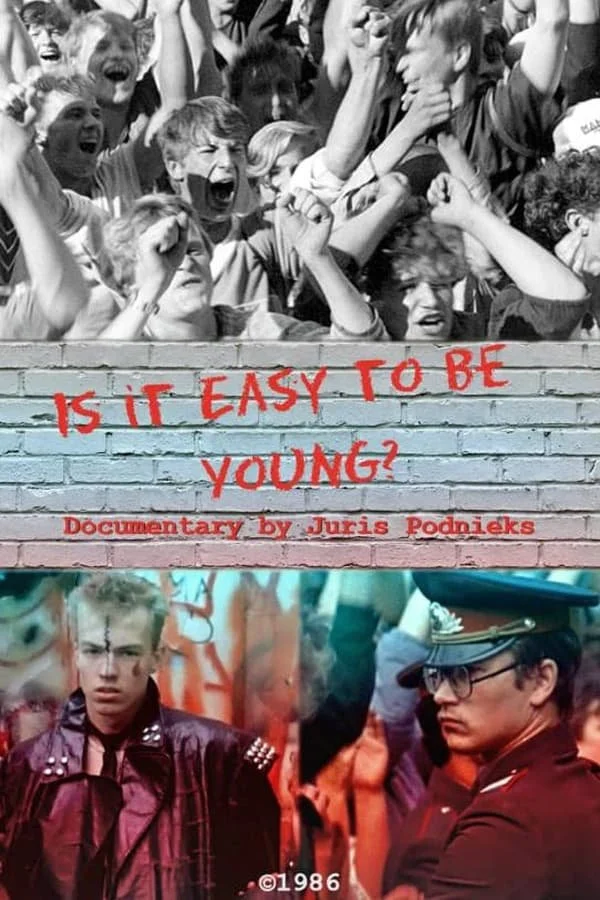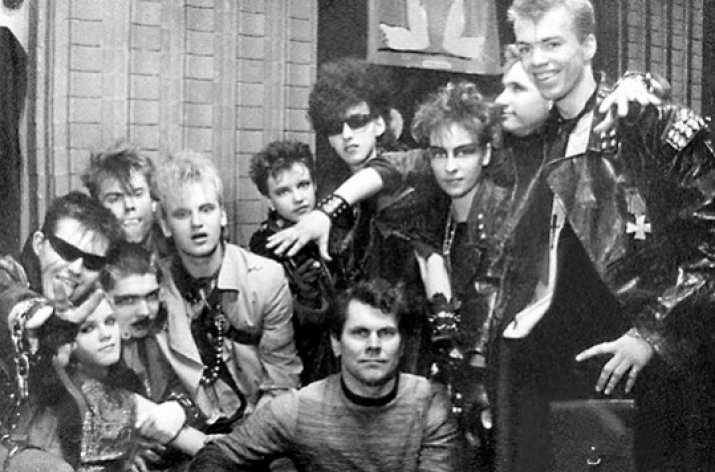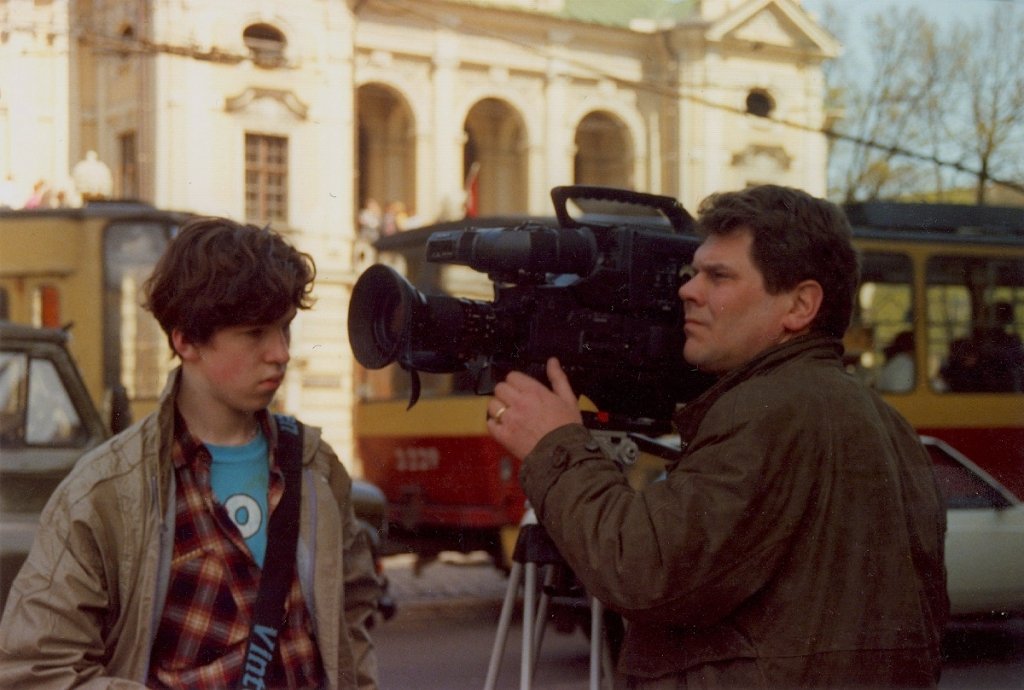
Tribute to Juris Podnieks
(1950 -1992)
Latvian film director and cinematographer
“The filmmaker, Juris Podnieks, film director, born Riga Latvia 5 December 1950, died in Alsunga Latvia on 23 June 1992.
IT WAS a bleak January morning in 1991, when, speaking by phone in a somber, calm voice, Juris Podnieks told of the violent death of his film-maker friend and colleague Andris Slapins just hours earlier, when he and four others were killed by gunfire during an assault by the Soviet special police, OMON, on Latvia's Ministry of the Interior. With tracer bullets criss-crossing the sky over Bastejkalns park, in the centre of Riga, Podnieks picked up Slapins' blood-spattered Betacam videocamera and filmed his friend as he died. A few metres away another Latvian cameraman, Gvido Zvaigzne, lay fatally wounded by a high-velocity bullet that tore apart his abdomen.
Days before, Podnieks had returned from Vilnius, where he filmed the infamous 13 January Soviet assault on Lithuania's main television station that left 14 people dead. When gunfire rang out in Riga a week later, Podnieks, his teenage son Davis, Slapins, and Zvaigzne shouldered their cameras and ran toward the shooting. Minutes later, half the people in the group were dead or dying.
Podnieks explained that it had seemed perfectly natural to rush to the action in Riga. He said, 'After all, I got out of Vilnius unscathed, I was feeling safe and confident,' or words to that effect.
This boldness, in retrospect, is perhaps the only way to attempt to understand Juris Podnieks' premature and senseless death on 23 June, almost 18 months to the day after he helped me to prepare Andris Slapins' obituary. Sometime during that day, when Latvians celebrate the midsummer Ligo festival with bonfires, frolicking and song, Podnieks borrowed a friend's scuba gear and drove to Zvirgzdu lake near Alsunga, in western Latvia, reportedly to spear fish. He failed to return and his body was recovered on 1 July. Latvian authorities are still investigating the precise cause of death.
Friends in Riga described as 'idiotic' the death of an internationally acclaimed film-maker who had been in many dangerous situations while filming epic documentaries on Latvia's struggle for national independence and on the death throes and collapse of the Soviet empire. 'A horrid, tragic circle has closed with Juris after the deaths of Slapins and Zvaigzne.,' said Augusts Sukuts, president of Riga's International Center for New Cinema, of which Podnieks was a founding member.
Podnieks' international breakthrough came with “Vai viegli būt jaunam” ('Is It Easy to be Young?'), filmed on the cusp of glasnost and perestroika and released in 1986. The film showed a cross-section of Latvia's angry and troubled youth, including disillusioned Afghanistan veterans and colourfully-clad punk rockers. The international acclaim for this documentary helped Podnieks to land contracts from Central Television in Britain for a major documentary on the Soviet Union in turmoil.
Podnieks' last film, Imperijas gals ('The End of Empire'), was released in 1991. At the time of his death he was working on two films, one on Georgia, and another, the unfinished work of Andris Slapins, Baltijas saga ('The Baltic Saga'), a work combining elements of documentary and poetic surrealism and focusing on the western Latvian province of Kurzeme (Courland), where bloody battles were fought on Latvian soil during both world wars. It was in a Courland lake that Podnieks went on his fatal dive.
'This has been a great tragedy for Podnieks' immediate family, but in a sense, these young talents have also lost their father and mother all in one,' said Augusts Sukuts. 'This is a blow to Latvian documentary film from which I fear it may not recover.' “
.
BBFF 2025 will open with Antra Cilinska and Anna Viduleja’s remarkable documentary “Podnieks on Podnieks. A Witness to History”.
This poignant documentary delves into the life and legacy of Juris Podnieks, one of the most outstanding Latvian directors and cinematographers, who tragically lost his life 1992 at the age of 41. Through a rich tapestry of archival footage and insightful interviews, the film captures the essence of a visionary who used his craft to document the transformative moments in history.
By Juris Kaža for Independent, July 3, 1992
IS IT EASY TO BE YOUNG?
The documentary “Is It Easy to Be Young?” (Vai viegli būt jaunam?) by the famous Latvian filmmaker Juris Podnieks, released in 1986 not only tracked and immortalized a period of increasing economic and social liberalization, but actually played a part in developing it. In the late ’80s, Latvians’ longing for freedom and the changes brought by perestroika coalesced in the National Awakening (Atmoda), a time of protests, discussion of previously forbidden topics and feverish activity. Within just a few years this had led to the successful restoration of the country’s independence, following almost fifty years of occupation by the Soviet Union. The film draws attention to the people that the official Soviet ideology pretended not to see: underground musicians, punks, Afghanistan veterans, junkies, protesters; and, by expanding the boundaries of what was possible, helped set in motion further changes.
The impact “Is It Easy to Be Young?” had when it appeared in cinemas in January 1987 has been compared to a bomb going off. Seemingly everyone wanted to see the film, and everyone was talking about it – not only in Latvia but throughout the whole Soviet Union, and even beyond its borders. Gaining international attention for the way it gave an insight into the situation of Soviet youth at the onset of perestroika, the film was eventually seen by 28 million viewers and shown in 85 countries.
As Ābrams Kleckins (1933), a screenwriter who worked on “Is It Easy to Be Young?”, has observed, the film came out at exactly the right moment: even six months earlier it would have simply been banned and would not have reached screens, whereas if it had been released six months later, it would not have had the same resonance, because by this point, these problems were being widely discussed, both in the media and in documentary cinema.
“Is It Easy To Be Young?” trilogy will be available through BBFF’s virtual programming March 3rd - 17th, 2025.
Please donate to support Ukrainian people!
Sunflower of Peace is a Boston based non profit organization which provides life-saving medical and humanitarian aid to Ukrainians affected by the Russian military invasion. Sunflower of Peace works with local medical professionals who advise what medical supplies can be essential in the context of war. The organization distributes urgent-aid backpacks, medicine, medical instruments and other means of survival.
Learn more about Sunflower of Peace.

